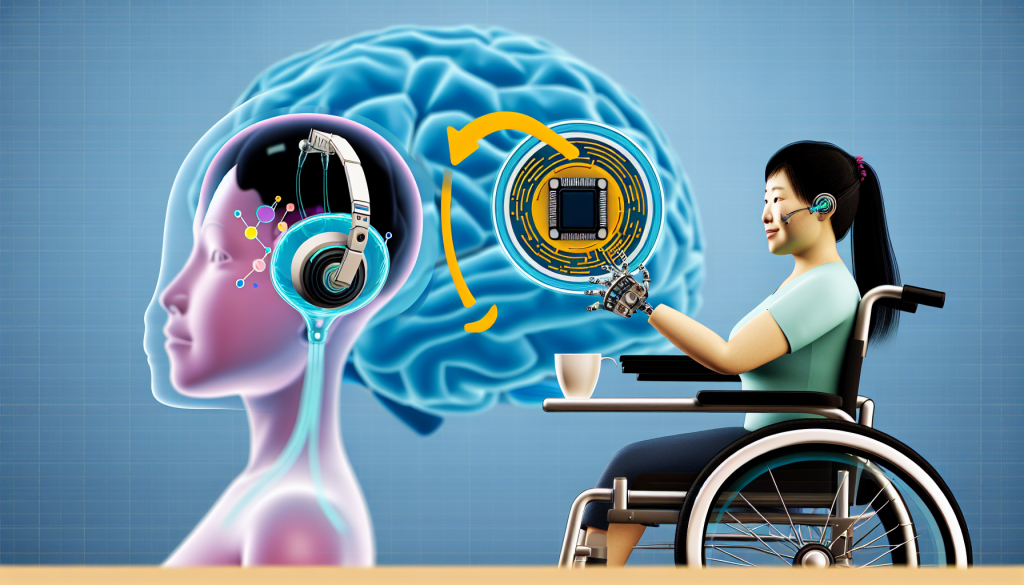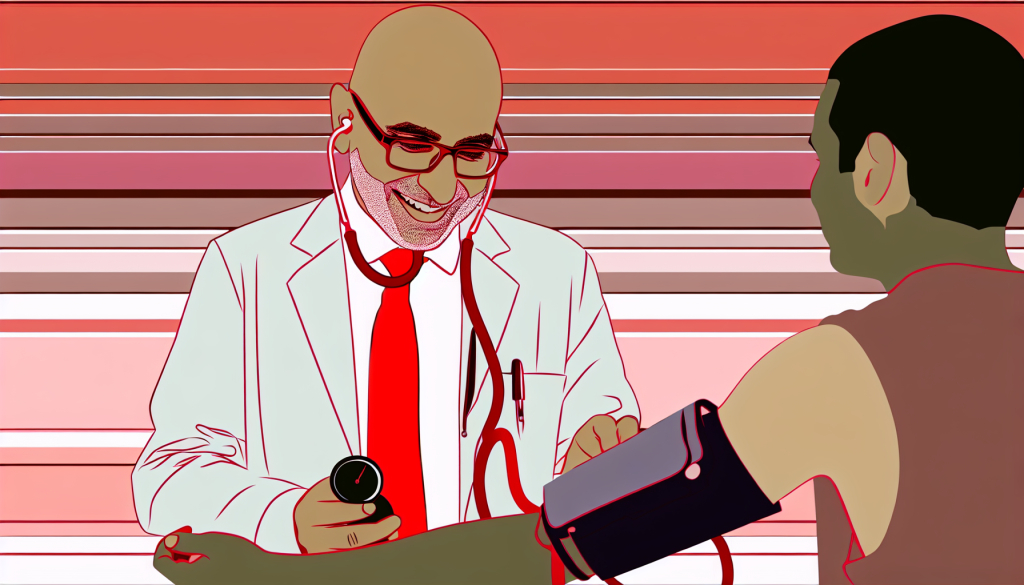Anxiety and Alternative Wellness Methods
What’s the Bottom Line?
What Do We Know About the Effectiveness of Complementary Approaches for Anxiety?
• Research is steadily increasing on how integrative methods might ease anxiety, whether it's everyday stress or clinical anxiety conditions. Some techniques may also assist during high-stress medical scenarios.
• Approaches like yoga have shown beneficial effects on anxiety symptoms, though results for anxiety disorders remain uncertain and require further confirmation through rigorous studies.
• Mindfulness techniques are considered potentially as effective as traditional treatment options for managing stress and anxiety; however, more definitive research is needed.
• Hypnosis is being explored for anxiety linked to medical and dental care, showing some promise but currently lacking firm evidence.
• Musical interventions may help reduce stress, particularly for individuals facing medical treatments.
• Acupuncture, tai chi, and qigong are being explored for their anxiety-relieving potential, yet higher-quality studies involving more participants are necessary.
What Do We Know About the Safety of These Practices?
• Most psychological and physical methods discussed have good safety track records but aren’t without risks, depending on factors like age, health status, and other treatments you may be receiving.
• Supplements, while sometimes helpful, can cause side effects or interact negatively with medications.
• Movement-based practices like yoga can lead to injury if not practiced carefully.
Understanding Anxiety
Anxiety is a natural reaction to stress, but for some individuals, it can develop into a disorder that significantly interferes with daily living. This can affect personal relationships, work productivity, or attendance at school.
More
In the U.S., nearly 1 in 5 adults have experienced an anxiety disorder in the past year, and almost 1 in 3 have at some point in their lifetime. Treatments often involve therapy, medication, or both. Many also explore complementary methods―nearly 43% of those diagnosed try alternatives. If you suspect you may have anxiety, consult a medical professional.
When Extra Help Is Needed
If your symptoms begin interfering with daily life or feel overwhelming, it may be time to turn to a qualified health professional for support.
In urgent emotional distress or if there are thoughts of self-harm, contact support services at 988. Immediate, private help is available 24/7.
If you or someone you know is facing emotional struggles or mental health concerns, supportive resources are available for assistance.
Overview of Complementary Practices
Complementary health techniques can be grouped based on how they’re administered, such as:
• Nutritional: special diets, supplements, herbal remedies, probiotics.
• Psychological: meditation, music therapy, hypnosis.
• Physical: includes acupuncture, massage, spinal adjustments.
• Combined practices: such as yoga or tai chi, which fuse physical and mental elements; or examples like mindful eating, which combine nutrition and awareness training.
Scientific Findings on Complementary Practices for Anxiety
Mind-Body Techniques
Acupuncture
Some studies suggest acupuncture may benefit people with anxiety, especially those with generalized anxiety. Nonetheless, stronger clinical trials are essential before drawing conclusions.
• A 2022 review highlighted better anxiety improvement in those undergoing acupuncture versus those using medication, noting fewer side effects.
• A 2021 summary found that acupuncture before surgery might reduce anxiety, though the results were based on small studies.
Safety
• Complications are rare but can be serious if performed improperly. Sterility and professional training are crucial to avoid risks like infection or internal injury.
Hypnosis
Studies indicate hypnosis may assist in reducing clinically related anxiety, with particular attention given to dental and cancer-related procedures. Results are variable.
• Research shows hypnosis may ease dental fears and anxiety during medical treatments for cancer.
Safety
• When delivered by qualified professionals, hypnosis is considered safe.
Mindfulness Meditation
Growing evidence supports using mindfulness techniques to ease anxiety. While not universally conclusive, several studies show encouraging outcomes.
• Mindfulness-based stress reduction has been found to be as effective as some medications for those with anxiety disorders.
• Trials in cancer patients have shown meaningful reductions in anxiety through mindfulness practices.
Safety
• Mindfulness is generally regarded as safe. Reviews found no significant adverse effects linked to its use for anxiety.
Music-Based Therapy
Listening to music may reduce anxiety levels in people undergoing surgery, cancer treatment, or dialysis, though study quality varies.
• Some reviews found a notable calming effect of music before medical procedures, but potential biases were noted.
Safety
• Music therapy is considered low risk. However, prolonged exposure to loud volumes may pose risks to hearing.
Relaxation Methods
Simple practices like guided breathing or progressive muscle relaxation may help with health-related anxiety. However, cognitive behavioral therapy seems more effective for treating anxiety disorders.
Safety
• Generally safe, though some people may experience discomfort or intensified symptoms, especially those with specific psychiatric conditions or trauma histories.
Yoga
Yoga is frequently used for mental wellness and is backed by studies suggesting reduced anxiety symptoms. Yet, the evidence isn’t strong enough to endorse its use for anxiety disorders specifically.
• Data indicates yoga benefits a range of individuals, from healthy participants to those managing medical issues.
Safety
• Safe for most when guided by professionals, although injuries like strains can happen without proper instruction.
Massage Therapy, Tai Chi, Qigong
Initial research points to anxiety-reducing potential in these practices, but larger, better-designed studies are sought.
Safety
• Risks from massage are low, but rare issues like nerve injuries or clots have been reported. Tai chi and qigong are low-risk but may cause minor aches.
Emotional Freedom Technique / Acupoint Tapping
This method involves tapping on specific body points while repeating a phrase. Some evidence supports anxiety improvement, but more robust comparisons are needed.
• Short sessions show immediate relief in certain healthcare professionals, though long-term benefits are unclear.
Safety
EFT is typically safe for most individuals.
Nutritional Techniques
Chamomile
• Research suggests it might provide moderate benefits for general anxiety, although results are mixed and not definitive.
Safety
• Generally well-tolerated but may cause headaches or digestive discomfort in some individuals.
Kava
• Some studies indicate short-term anxiety relief, yet concerns about potential liver harm limit its use.
Safety
• Use with caution, as liver complications, though rare, have occurred. Common mild side effects include fatigue and gastrointestinal upset.
Lavender
• Oral supplements and massage therapies involving lavender might ease anxiety, though the evidence quality is mixed.
Safety
• Lavender oil is generally safe for oral and inhaled use and in massage preparations.
Melatonin
• Research indicates melatonin may ease anxiety before surgery, but its effect afterward is less clear.
Safety
• Considered safe short-term, but its long-term effects remain uncertain. There are concerns regarding product consistency and potential interactions with certain medications. Avoid during pregnancy, breastfeeding, and in older adults with dementia.
Passionflower
• Limited studies suggest it may provide relief before stress-inducing procedures like dental visits.
Safety
• Considered safe when consumed in typical oral doses.
Valerian
• Insufficient evidence is available to determine valerian’s effect on anxiety relief.
Safety
• Likely safe for short-term use, but more data needed on prolonged consumption.
NCCIH Research on Anxiety
The NCCIH continues to fund multiple studies exploring how alternative practices help with anxiety, including:
• Mindfulness techniques via mobile apps aimed at reducing anxiety and depression.
• Investigations into brain responses and gender differences in mindfulness-based stress reduction in those with anxiety disorders.
• Understanding the role of bioenergetic supplements in those facing anxiety combined with depression.
Important Considerations
• When seeking complementary care like acupuncture or hypnosis, ask for referrals from medical professionals you trust and learn about the practitioner’s background.
• Natural does not always equal risk-free. Carefully reading supplement labels and checking with your healthcare provider is essential, especially for those pregnant, breastfeeding, or providing supplements to children.
• Be open with your medical team about any complementary approaches you are using, so decisions can be made together.
For More Information
NCCIH Clearinghouse
The NCCIH Clearinghouse provides information and publications on complementary health methods, but does not offer personal medical guidance or specialist referrals.
Phone (U.S.): 1-888-644-6226
Telecom relay: 7-1-1
Email: [email protected]
Learn About Research
Resources from NCCIH and NIH help you understand medical research processes. Interactive tools and guides are available to increase health literacy and support informed decisions.
PubMed®
PubMed is a comprehensive science and medical literature database. It provides summaries and publication details from journals worldwide to support further reading on known treatments and interventions.
Acknowledgment
Thanks to David Shurtleff, Ph.D., for his review of the 2024 update.
This content is in the public domain and may be shared freely. Remember, this material is educational and not a substitute for professional medical advice. Always consult your healthcare team when making healthcare decisions.

